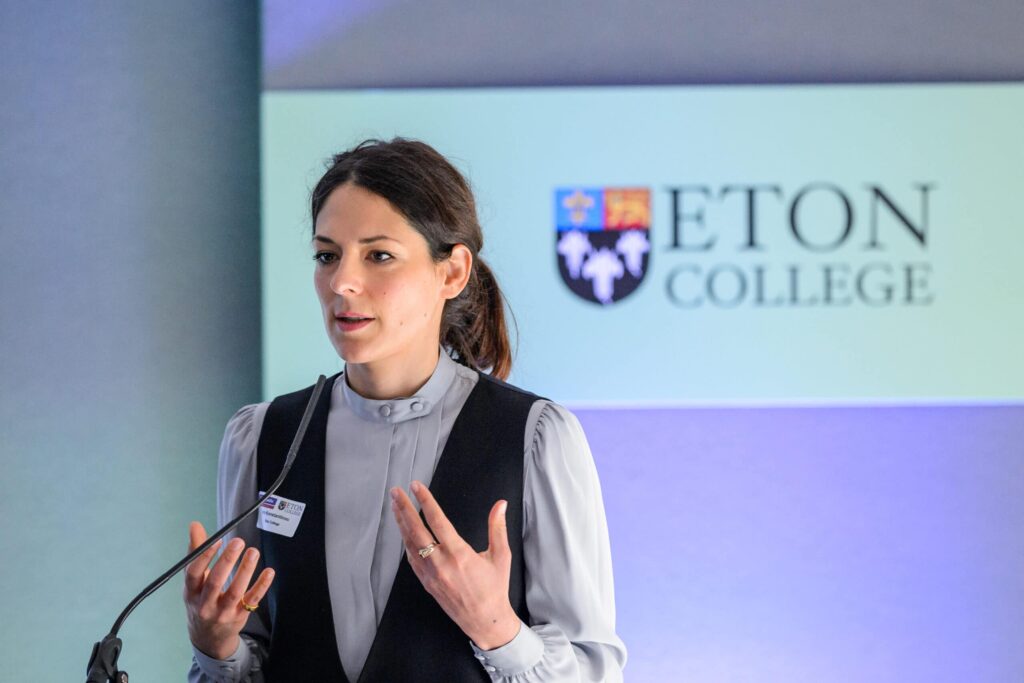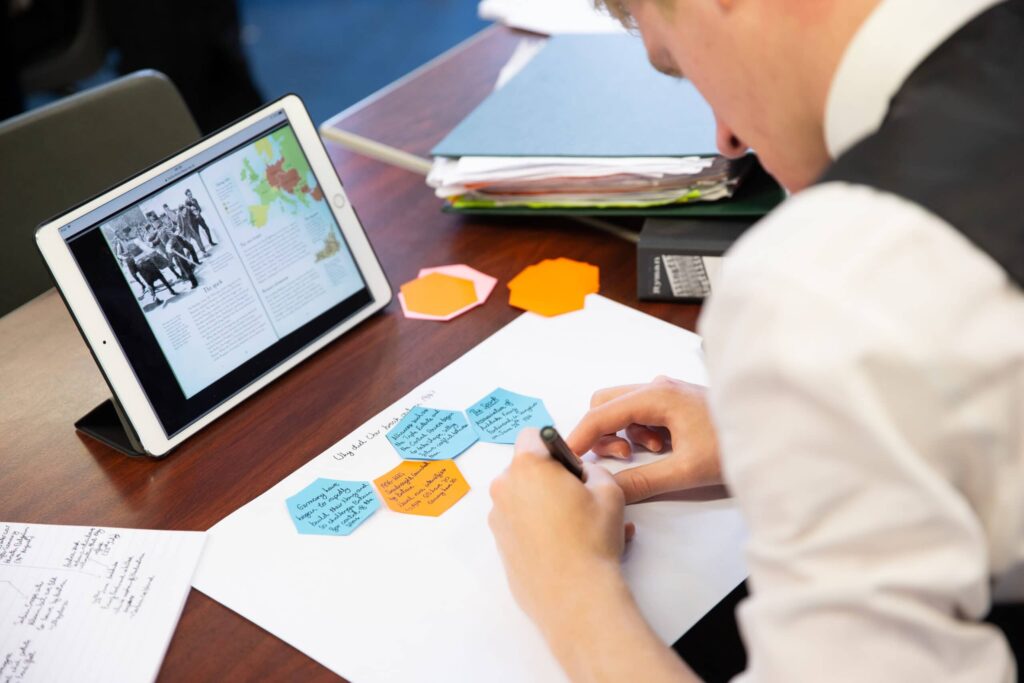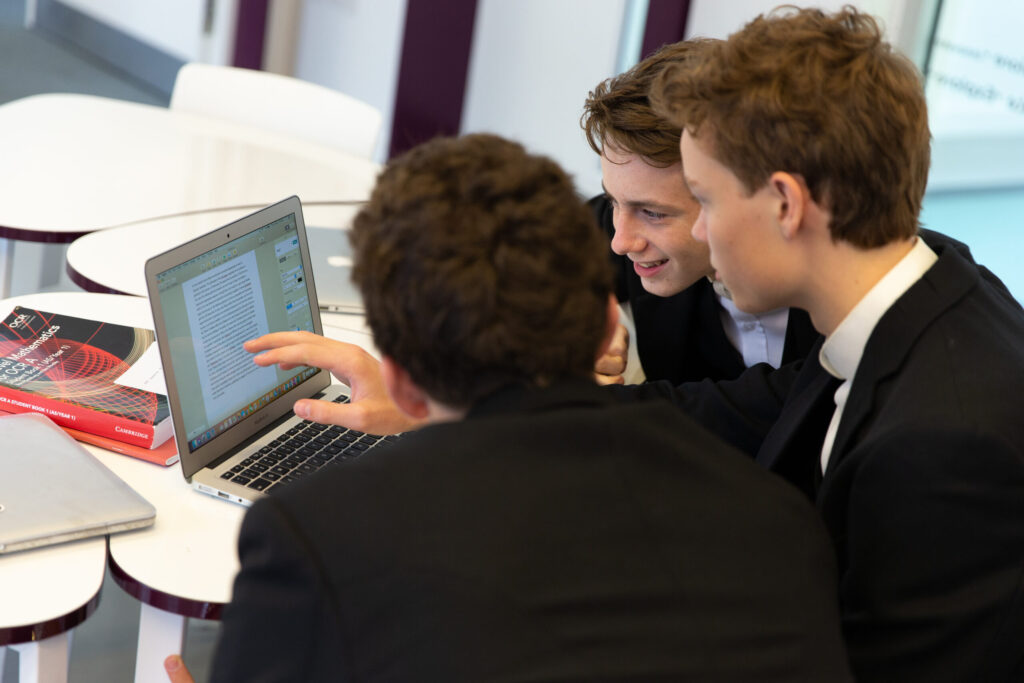At the heart of raising attainment lies something deeper and more fundamental: raising students’ aspirations. Unless young people believe that high achievement is possible for them, and unless they can see pathways into a future where effort pays off, strategies and resources will not have the impact we want them to. Below are three practical ways to nurture aspirations that lead to higher attainment.
1. Develop confidence and self-efficacy
One of the most powerful ways to raise attainment is to help students believe they are capable of success. Many pupils carry the weight of past failures or feel their background limits what they can achieve. By developing confidence and self-efficacy, teachers can shift these mindsets and unlock higher levels of effort and persistence.
Practical approaches include:
- Set up frequent success experiences: Design tasks that are challenging but achievable.
- Use affirming language consistently” Reinforce the link between hard work and progress rather than “innate ability.”
- Model a growth mindset: Emphasise that intelligence is not fixed but developed through practice.
- Create a classroom culture of resilience: Normalise mistakes as part of learning and encourage students to reflect on setbacks and try alternative strategies.
- Provide visible role models: Share examples of people from similar backgrounds who have achieved success and invite former students to talk about their journeys.
2. Provide explicit guidance on the skills needed
Too often, we assume that students naturally know how to succeed in their studies. In reality, many GCSE pupils lack the fundamental learning skills and habits that underpin achievement. If we want them to attain highly, we need to move beyond delivering content and explicitly teach how to learn effectively.
This includes modelling and revisiting core strategies such as:
- Planning and organisation: Showing students how to break down large tasks into manageable steps, how to prioritise, and how to use checklists or calendars to stay on track.
- Effective revision techniques: Demonstrating strategies such as retrieval practice, spaced repetition, and self-testing, rather than relying on rereading or highlighting.
- Note-taking: Teaching methods like Cornell notes, mind maps, or summarising, so that students can organise information meaningfully.
- Time management: Helping students understand how to balance schoolwork, revision, and rest, and how to avoid last-minute cramming.
- Resilience and perseverance: Normalising the idea that mistakes and setbacks are part of learning, and modelling how to reflect and adapt when things don’t go as planned.
3. Create opportunities to expand horizons
For many students, particularly those from disadvantaged backgrounds, the world of possibilities beyond school feels limited. If a young person has never met someone who went to university, worked in a certain profession, or travelled widely, it is difficult for them to imagine themselves in those positions. To raise aspirations, we must broaden horizons and show students futures they may never have considered.
This can be done in many ways:
- University visits: Even a single day on a campus can demystify higher education and make it feel achievable.
- Mentoring schemes: Pairing students with role models, whether older peers, alumni, or professionals, provides guidance and encouragement that teachers alone cannot always offer.
- Guest speakers: Inviting people from diverse industries and backgrounds into school can open eyes to career paths that students may not have encountered before.
- Enrichment projects: Giving pupils the chance to take part in debates, competitions, or creative projects fosters curiosity and ambition.
- Challenging, high-quality texts: Exposure to demanding literature, journalism, and academic writing helps students engage with complex ideas and builds cultural capital.




